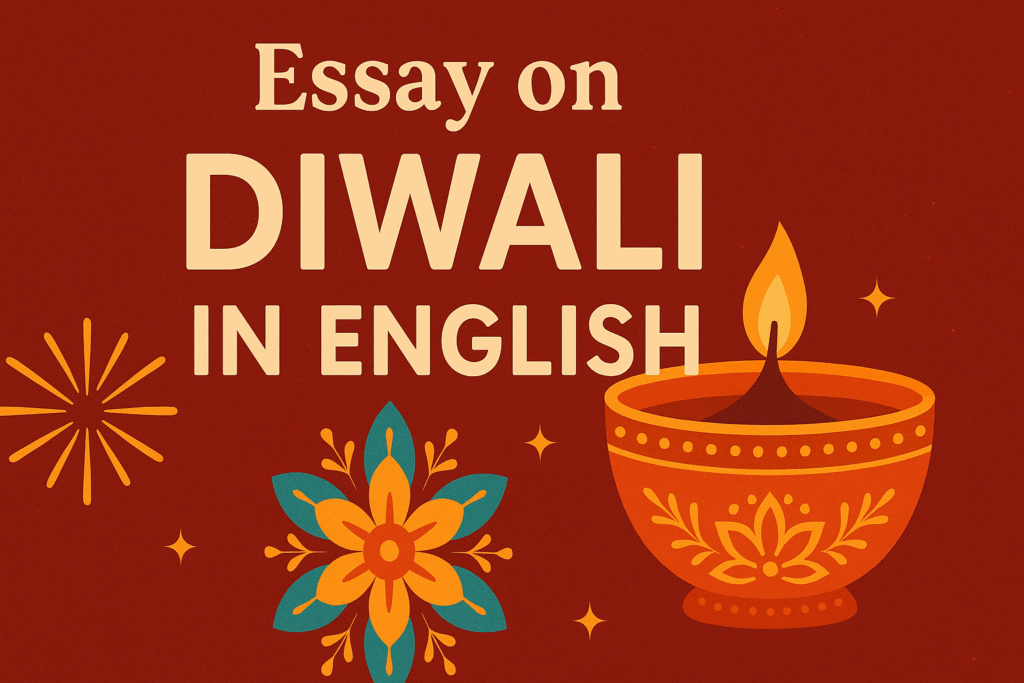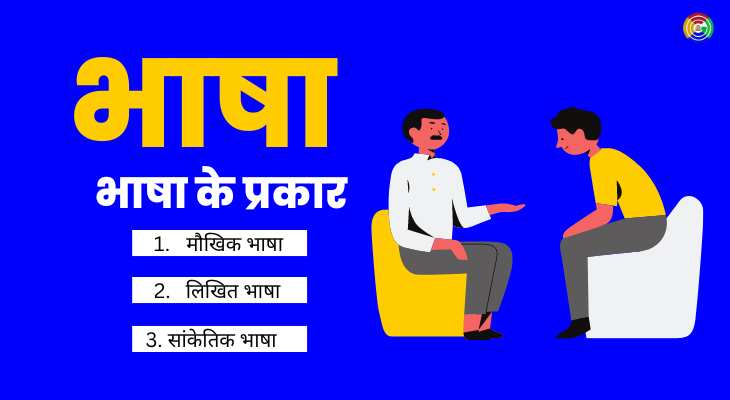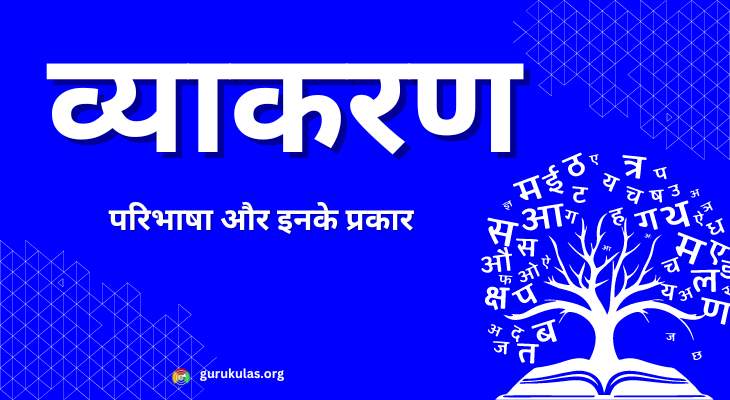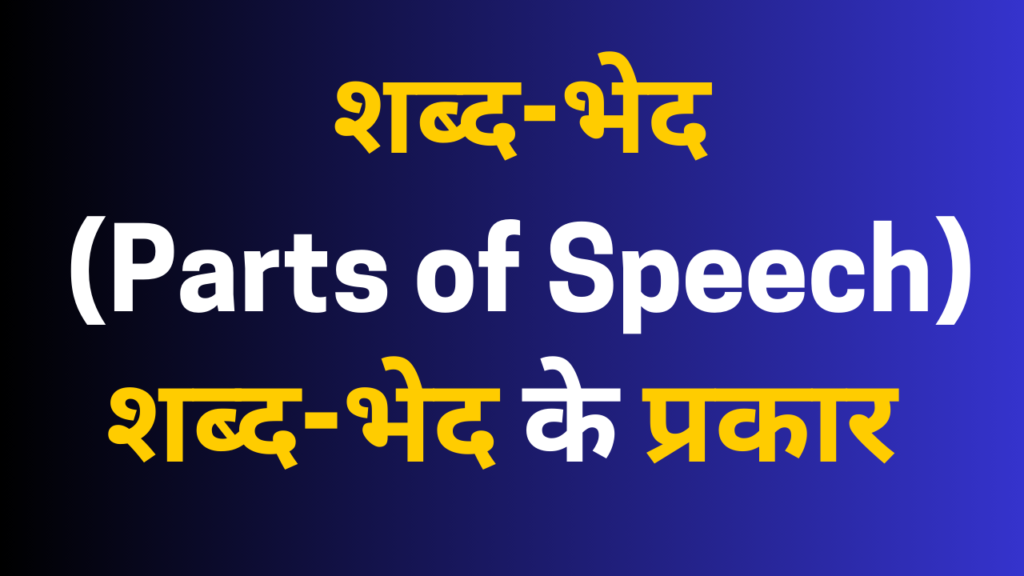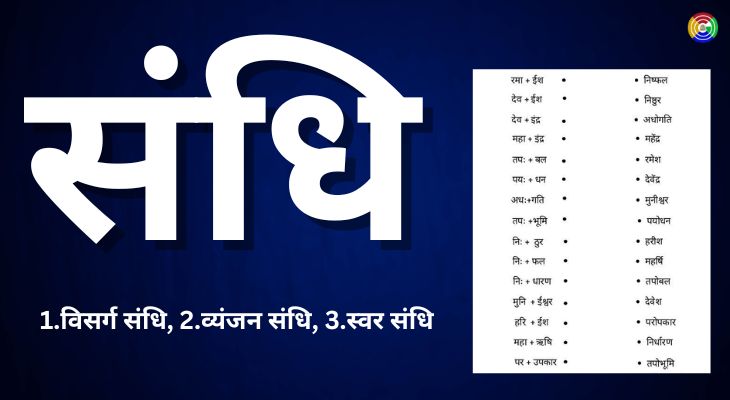Introduction: Festival of Joy and Lights
Diwali, also known as Deepavali, is one of the most celebrated and loved festivals in India. It is called the Festival of Lights, symbolizing the victory of light over darkness, good over evil, and knowledge over ignorance. Diwali is celebrated with immense joy and enthusiasm by people of all religions and regions. Homes, streets, and temples are decorated with glowing lamps, colorful rangolis, and beautiful decorations.
This festival not only brings happiness and prosperity but also strengthens the bond of love and unity among people.
Historical and Mythological Significance of Diwali
The origin of Diwali is rooted in ancient Indian traditions and mythological stories. The most popular legend is from the Ramayana, which tells us that Lord Rama returned to Ayodhya after 14 years of exile and his victory over the demon king Ravana. The people of Ayodhya welcomed him by lighting diyas (earthen lamps) all around the city. Since then, lighting lamps has become the main tradition of Diwali.
In some parts of India, Diwali also marks the day when Lord Krishna defeated the demon Narakasura, symbolizing the triumph of righteousness. For Jains, Diwali marks the Nirvana (spiritual awakening) of Lord Mahavira, while for Sikhs, it commemorates the release of Guru Hargobind Ji from imprisonment.
Thus, Diwali holds deep spiritual meaning across various religions.
Five Days of Diwali Festival
Diwali is not just a one-day festival — it is celebrated over five days, each having its own significance:
- Dhanteras:
The festival begins with Dhanteras, a day to buy gold, silver, and new utensils. It is believed that purchasing something new brings wealth and good luck. - Naraka Chaturdashi (Chhoti Diwali):
On this day, people clean and decorate their homes, take oil baths, and light the first set of diyas to ward off evil. - Lakshmi Puja (Main Diwali Day):
This is the most important day of the festival. People worship Goddess Lakshmi, the goddess of wealth and prosperity, and Lord Ganesha, the remover of obstacles. Homes are illuminated, sweets are distributed, and fireworks brighten the night sky. - Govardhan Puja:
This day celebrates Lord Krishna’s lifting of Govardhan Hill to protect villagers from heavy rain. People prepare various dishes and offer them to God as gratitude. - Bhai Dooj:
The last day celebrates the bond between brothers and sisters. Sisters pray for their brothers’ long life and prosperity, while brothers give them gifts and blessings.
How We Celebrate Diwali
Preparation for Diwali begins weeks in advance. Families clean and decorate their homes, buy new clothes, and exchange gifts and sweets. The smell of delicious dishes like laddoos, barfis, and kachoris fills the air. On the main Diwali night, houses glow with oil lamps, candles, and fairy lights.
Children burst firecrackers, though nowadays people are encouraged to celebrate an eco-friendly Diwali by avoiding noise and air pollution. Everyone visits friends and relatives to share happiness, sweets, and good wishes.
Clean Diwali, Green Diwali
In recent years, people have become more aware of environmental pollution caused by fireworks. The campaign “Clean Diwali, Green Diwali” promotes celebrating the festival in a safe and eco-friendly way.
You can celebrate by:
- Lighting earthen diyas instead of electric lights.
- Avoiding harmful firecrackers.
- Distributing sweets, clothes, and gifts to the poor.
- Planting trees and spreading awareness of clean air.
This helps in making Diwali not only a joyful festival but also one that protects our planet.
🙏 Moral and Message of Diwali
The real meaning of Diwali lies beyond lights and sweets. It teaches us to:
- Overcome darkness with light, both outside and within.
- Let go of anger, jealousy, and hatred, and spread love and positivity.
- Help those in need, as true happiness comes from giving.
Diwali inspires us to start a new beginning, filled with hope, wisdom, and goodness.
Conclusion
Diwali is more than a festival — it is a feeling that unites people across India and the world. It reminds us that no matter how dark the night may be, light always wins. It brings joy, peace, prosperity, and togetherness.
Let us celebrate Diwali with love in our hearts, smiles on our faces, and the spirit of sharing in our souls. May this Diwali 2025 bring light and happiness to every home.
Why is Diwali celebrated?
Diwali is celebrated to mark the return of Lord Rama to Ayodhya after defeating the demon king Ravana. It symbolizes the victory of light over darkness and good over evil.
How many days is Diwali celebrated?
Diwali is celebrated for five days — Dhanteras, Chhoti Diwali, Lakshmi Puja, Govardhan Puja, and Bhai Dooj. Each day has its own religious and cultural significance.
What are the main traditions of Diwali?
People clean and decorate their homes, light diyas, worship Goddess Lakshmi and Lord Ganesha, exchange sweets and gifts, and celebrate with fireworks and family gatherings.
How can we celebrate an eco-friendly Diwali?
We can celebrate an eco-friendly Diwali by using earthen lamps instead of electric lights, avoiding firecrackers, planting trees, and sharing joy with those in need.
What is the moral message of Diwali?
The moral of Diwali is to remove darkness from our lives and fill it with light, truth, and kindness. It teaches us to overcome negativity and spread happiness and peace.

